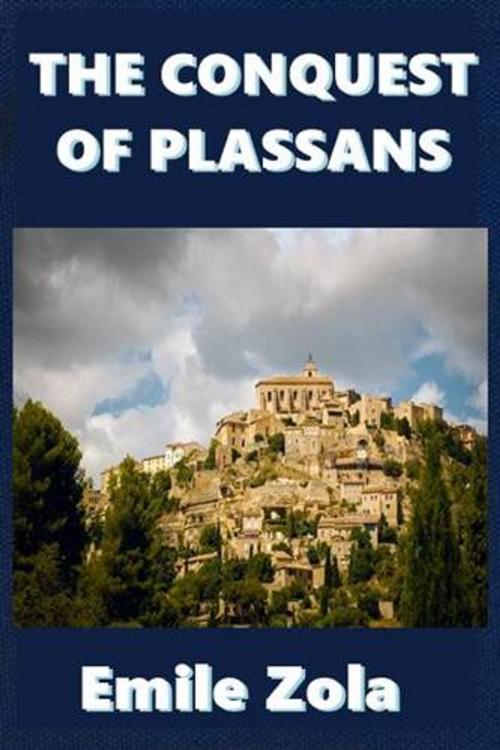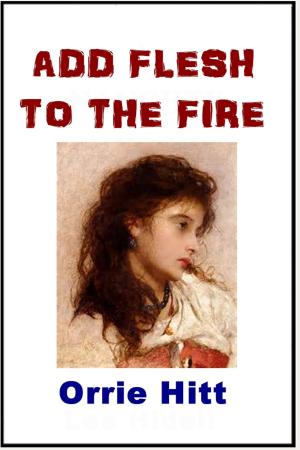| Author: | Emile Zola | ISBN: | 1230002246642 |
| Publisher: | Green Bird Press | Publication: | March 31, 2018 |
| Imprint: | Language: | English |
| Author: | Emile Zola |
| ISBN: | 1230002246642 |
| Publisher: | Green Bird Press |
| Publication: | March 31, 2018 |
| Imprint: | |
| Language: | English |
The Conquest of Plassans by Emile Zola. M. Zola skilfully depicts all the life of a French provincial town such as it was half a century or so ago, and in this respect he has simply drawn upon his own recollections of Aix, where he spent so many years of his boyhood. Much that he records might be applied to such towns even nowadays, for electric lighting, and tramcars, and motor-cars, and increased railway facilities, have made little change in provincial society. There are still rival salons and coteries and petty jealousies and vanities all at work; and if new parties have succeeded old ones, their intrigues have remained of much the same description as formerly. The many provincials who in M. Zola's narrative gravitate around the chief characters are pleasantly and skilfully diversified, and seem very life-like with their foibles and 'fads' and rivalries and ambitions. Possibly the most interesting are the Paloques, husband and wife, whom envy, hatred and all uncharitableness incessantly consume. Again, Madame Faujas, the priest's mother, is a finely-drawn character, but perhaps the failings of her daughter Olympe, and of Trouche, Olympe's husband, verge slightly upon caricature. As for old Rose, the Mourets'[Pg xv] servant, though her ways are very amusing, and the part she plays in the persecution of her master renders her an indispensable personage in the narrative, it may be pointed out that she is virtually the same woman who has done duty half a dozen times in M. Zola's books—for instance, as Martine in 'Dr. Pascal,' as Véronique in 'The Joy of Life,' and so forth. It is rather curious, indeed, that M. Zola, so skilful in portraying diversity of character and disposition among his other personages, should have clung so pertinaciously to one sole type of an old servant-woman.
The Conquest of Plassans by Emile Zola. M. Zola skilfully depicts all the life of a French provincial town such as it was half a century or so ago, and in this respect he has simply drawn upon his own recollections of Aix, where he spent so many years of his boyhood. Much that he records might be applied to such towns even nowadays, for electric lighting, and tramcars, and motor-cars, and increased railway facilities, have made little change in provincial society. There are still rival salons and coteries and petty jealousies and vanities all at work; and if new parties have succeeded old ones, their intrigues have remained of much the same description as formerly. The many provincials who in M. Zola's narrative gravitate around the chief characters are pleasantly and skilfully diversified, and seem very life-like with their foibles and 'fads' and rivalries and ambitions. Possibly the most interesting are the Paloques, husband and wife, whom envy, hatred and all uncharitableness incessantly consume. Again, Madame Faujas, the priest's mother, is a finely-drawn character, but perhaps the failings of her daughter Olympe, and of Trouche, Olympe's husband, verge slightly upon caricature. As for old Rose, the Mourets'[Pg xv] servant, though her ways are very amusing, and the part she plays in the persecution of her master renders her an indispensable personage in the narrative, it may be pointed out that she is virtually the same woman who has done duty half a dozen times in M. Zola's books—for instance, as Martine in 'Dr. Pascal,' as Véronique in 'The Joy of Life,' and so forth. It is rather curious, indeed, that M. Zola, so skilful in portraying diversity of character and disposition among his other personages, should have clung so pertinaciously to one sole type of an old servant-woman.















